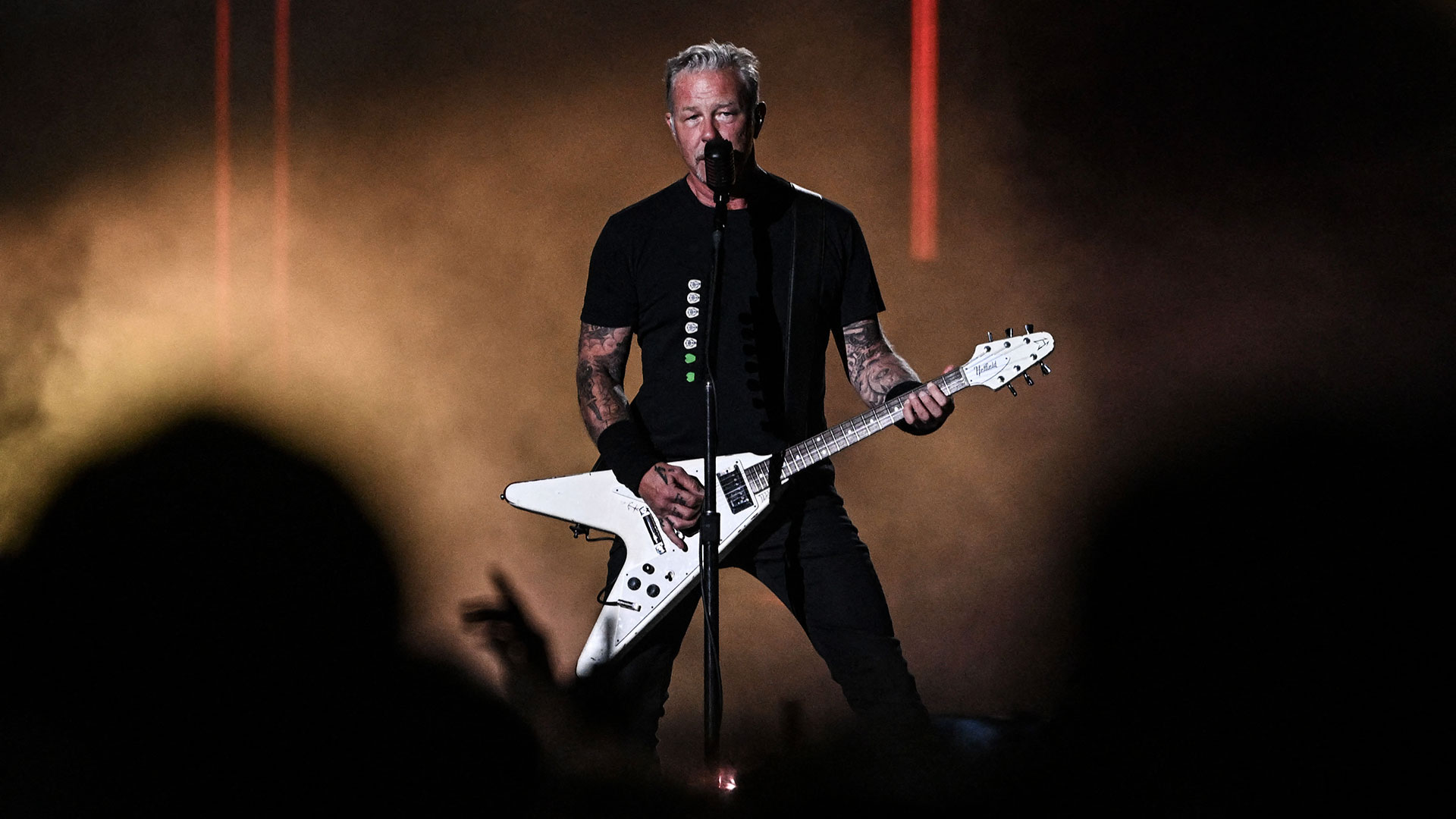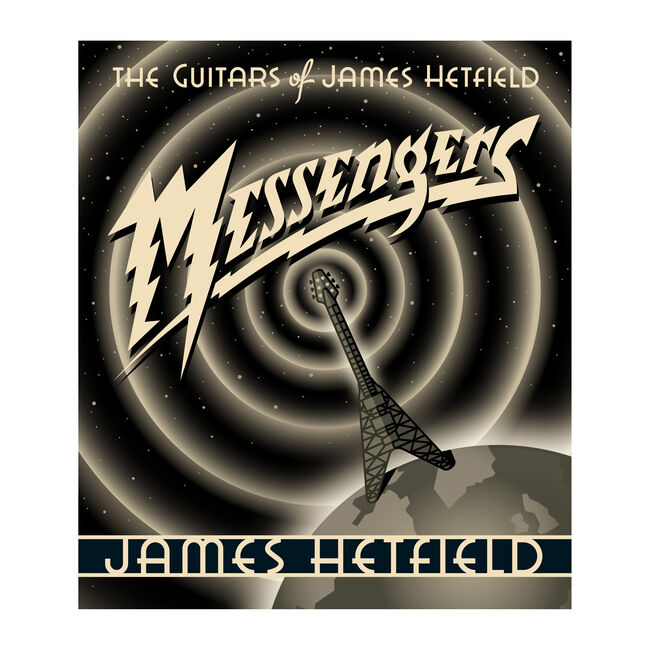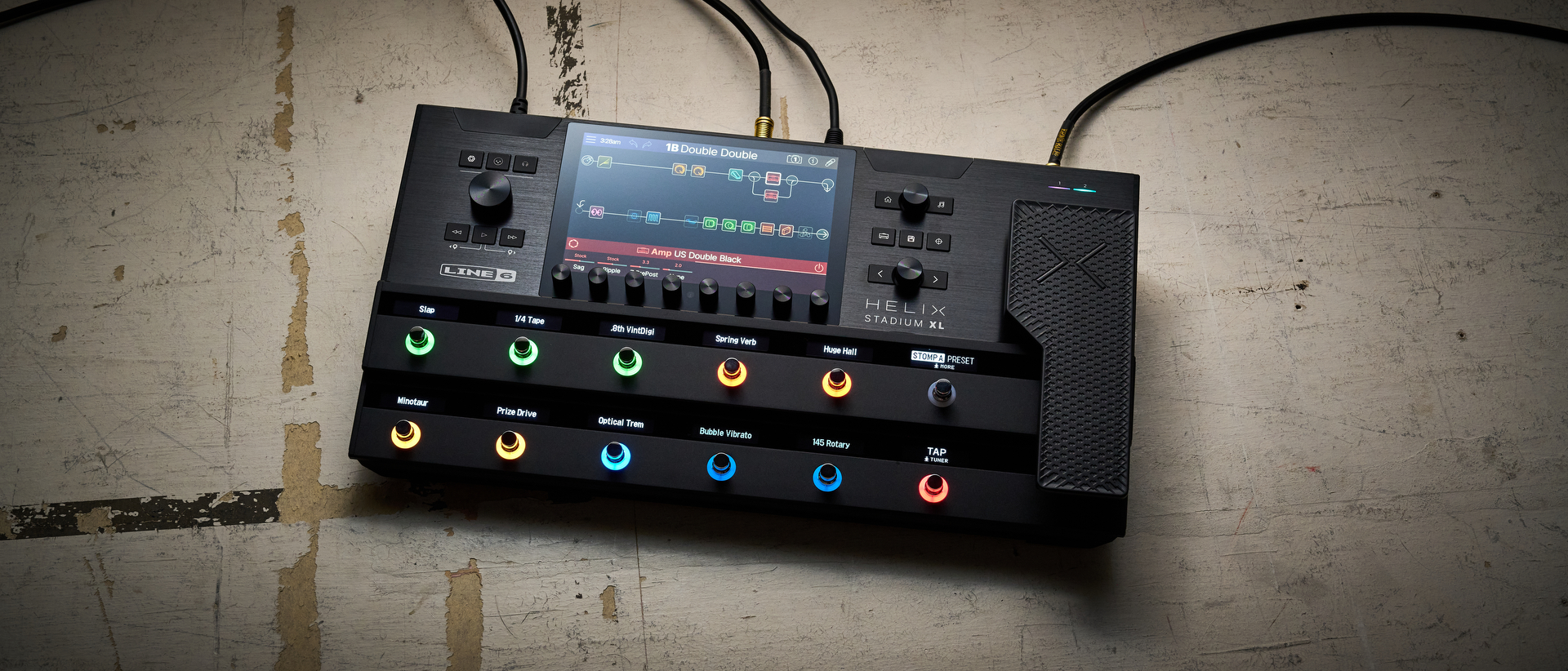James Hetfield used a “legendary” head modded by Eddie Van Halen’s amp wizard for every track on Metallica’s new album
According to 72 Seasons producer Greg Fidelman, the Metallica frontman leant heavily on this revived guitar amp, which was modded by renowned tech José Arredondo

Metallica producer Greg Fidelman has revealed that James Hetfield relied on a “legendary” Marshall head – modded by Eddie Van Halen’s amp guru José Arredondo – for almost every track on Metallica’s new album, 72 Seasons.
Fidelman is interviewed by Total Guitar as part of its feature on the metal legends’ new record and was responding to a prompt about the band’s more British-style tone on the record when he mentioned the guitar amp.
“James has always had one of the legendary José Arredondo-modded Marshalls, a late-’60s/early-’70s Superlead head,” says Fidelman.
“When we did Hardwired... [To Self Destruct in 2016] it wasn’t working very well. When we started this album, I had a re-invigorated interest in this head. I was talking with Dave Friedman, who is very familiar with those old José mods, and he fixed it.
“When I got it back, I told James I thought it sounded insane, and he got really excited about it. It ended up on every song. I think that’s what you’re hearing.”
Arredondo passed away in 1994 and was known for his high-gain Marshall modifications. His fame rocketed when Van Halen started mentioning his name in the ’80s (though there has been some speculation over the full extent of his contribution to EVH’s tone).
As one of the original modders, Arredondo was a good deal older than his nearest contemporaries (the likes of Paul Rivera or Mike Soldano). Sadly, much of knowledge was lost when he died and his reputation has subsequently achieved near-mythical status.
All the latest guitar news, interviews, lessons, reviews, deals and more, direct to your inbox!
A 2010 Guitar World piece documented the legendary amp wizards (the name given to the first modders) and Keel guitarist Bryan Jay recalled his experiences, traveling to an unassuming suburb in the San Fernando valley to seek out Arredondo. He remembered being taken to the garage where he spotted Marshalls sitting around with name tags on them, including George Lynch, Yngwie Malmsteen, Jake E. Lee.
“He never talked about what he was doing with anyone else’s amps. He was very secretive,” says Jay in the piece. “[But] We’d put up different amps in our rehearsal studio… and the José always blew everything away. It was unbelievable how good it sounded.”

Back on Fidelman’s interview, the producer also discusses another reprised Hetfield gear icon, the Electra Flying V copy, which recently came back under the spotlight when the Metallica man told its story ahead of his forthcoming gear biography, Messengers: The Guitars Of James Hetfield.
“James has his Flying V that he had from Kill ’Em All,” says Fidelman of the Electra Flying Wedge, AKA ‘The OGV’. “It’s a Gibson copy, but that thing sounds incredible. When he puts that guitar in his hands he immediately wants to play fast riffs.”

Matt is Deputy Editor for GuitarWorld.com. Before that he spent 10 years as a freelance music journalist, interviewing artists for the likes of Total Guitar, Guitarist, Guitar World, MusicRadar, NME.com, DJ Mag and Electronic Sound. In 2020, he launched CreativeMoney.co.uk, which aims to share the ideas that make creative lifestyles more sustainable. He plays guitar, but should not be allowed near your delay pedals.

